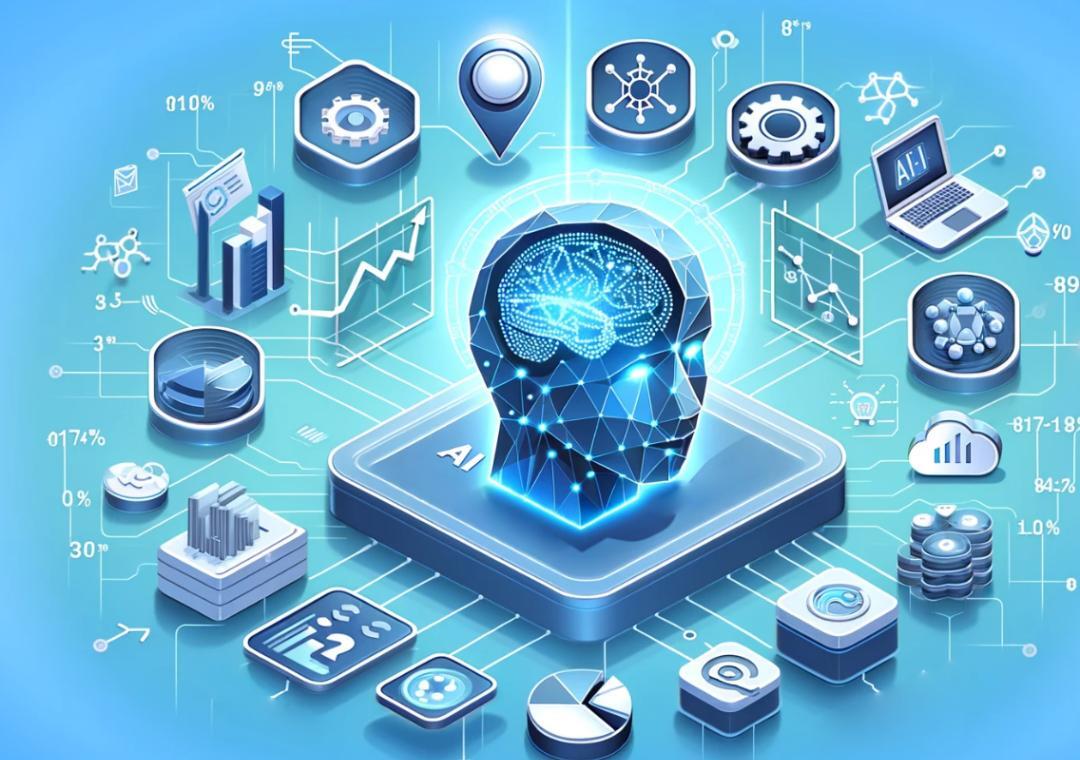
How does AI enable deeper personalization in marketing?
In today’s digital landscape, personalization is no longer a nice-to-have, but a must-have. Marketers are constantly seeking ways to connect with their audience on a deeper level, and AI-driven content marketing is revolutionizing the game. With AI, brands can analyze user behavior, tailor messaging at scale, and create an experience that is truly unique to each individual. In this post, we’ll explore how AI enables deeper personalization in marketing, and why it’s essential for brands to adapt to this shift.
The Limitations of Traditional Marketing
Traditional marketing tactics often rely on broad strokes, targeting entire segments or demographics with the same message. This one-size-fits-all approach can lead to a lack of engagement, low conversion rates, and a general sense of disconnection between the brand and its audience. For instance, a clothing brand might create a single ad campaign targeting “millennials” without considering individual preferences, interests, or behaviors. This approach not only fails to resonate with the target audience but also ignores the unique needs and desires of each individual.
The Power of AI-Driven Personalization
AI-driven content marketing, on the other hand, allows brands to analyze user behavior, preferences, and interests in real-time. This data is then used to create personalized content recommendations, predictive copywriting, and targeted messaging that speaks directly to the individual. By leveraging AI, brands can:
- Adaptive Content Recommendations: AI-powered content recommendation engines can suggest products, articles, or videos based on a user’s browsing history, search queries, and purchase behavior. This ensures that the content is relevant, engaging, and more likely to drive conversions.
- Predictive Copywriting: AI-driven copywriting tools use engagement data to predict what type of content will resonate with a particular audience. This includes analyzing factors such as tone, language, and emotional triggers to craft copy that speaks directly to the individual.
- Dynamic Content Optimization: AI can optimize content in real-time, adjusting factors such as imagery, headlines, and calls-to-action based on user behavior and engagement metrics. This ensures that the content is continuously refined and optimized for maximum impact.
The Benefits of AI-Driven Personalization
So, what are the benefits of AI-driven personalization in marketing? By leveraging AI, brands can:
- Increase Engagement: Personalized content is more likely to grab attention, spark interest, and encourage engagement. AI-driven personalization ensures that the content is relevant, timely, and speaks directly to the individual.
- Boost Conversions: By tailoring messaging to individual preferences, brands can increase the likelihood of conversion. AI-driven personalization helps eliminate irrelevant content, reducing the noise and distractions that can lead to abandoned carts and low conversion rates.
- Build Trust: Personalized content demonstrates a deeper understanding of the audience, building trust and credibility with each individual. This trust is essential for establishing long-term relationships and driving loyalty.
- Scale Across Channels: AI-driven personalization allows brands to scale their marketing efforts across multiple channels, including social media, email, and paid advertising. This ensures consistency and cohesiveness, even as the audience shifts and evolves.
Challenges and Opportunities
While AI-driven personalization offers numerous benefits, it’s not without its challenges. Some of the key obstacles include:
- Data Quality: AI requires high-quality, accurate, and complete data to deliver personalized results. Brands must ensure that their data is clean, up-to-date, and aligned with their marketing goals.
- Complexity: AI-driven personalization can be complex, requiring significant expertise in machine learning, data science, and marketing. Brands must invest in the right talent and infrastructure to support their AI initiatives.
- Scalability: As AI-driven personalization scales across channels and audiences, brands must ensure that their infrastructure can handle the increased demands. This includes investing in cloud-based solutions, automation tools, and data management platforms.
Conclusion
AI-driven personalization is revolutionizing the way brands connect with their audience. By leveraging AI, brands can analyze user behavior, tailor messaging at scale, and create an experience that is truly unique to each individual. With the benefits of increased engagement, boosted conversions, and built trust, AI-driven personalization is essential for any brand looking to stay ahead of the competition.
Read the full article on GrowthJockey






